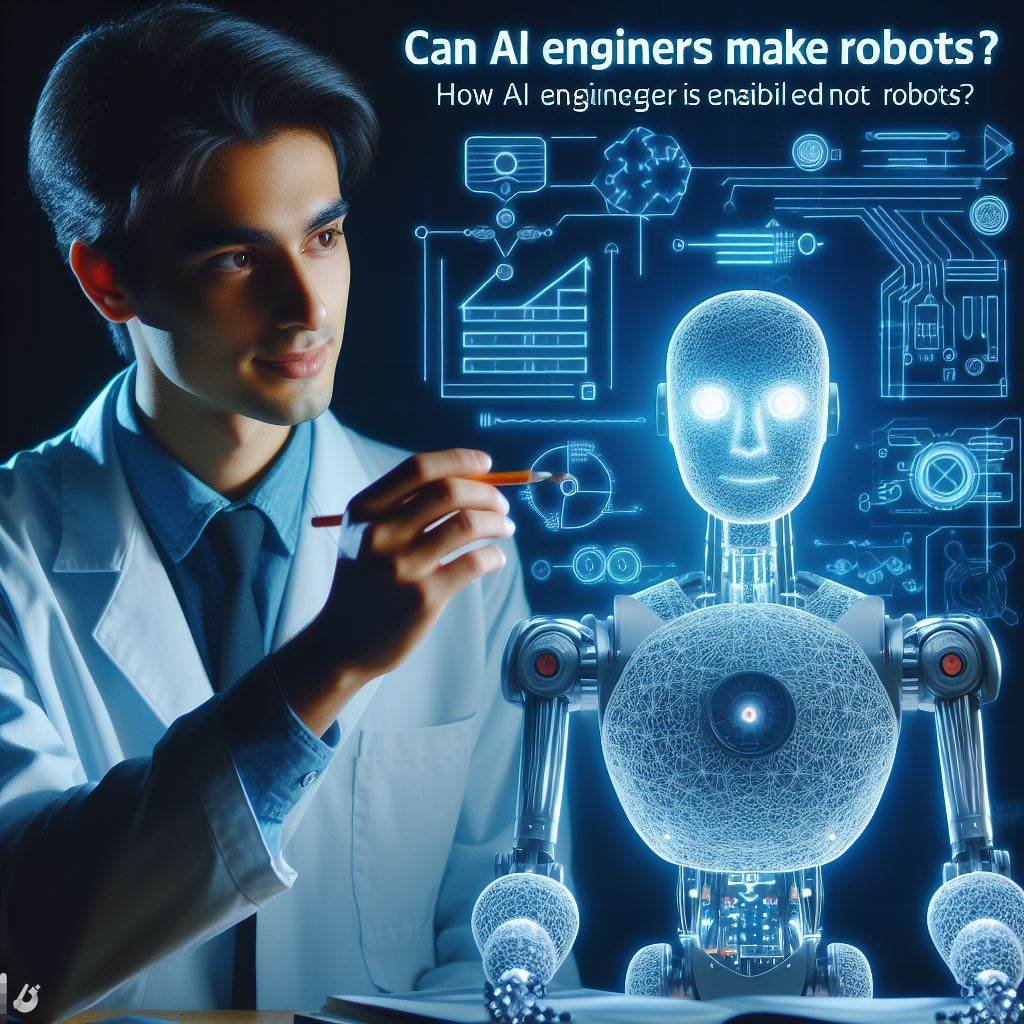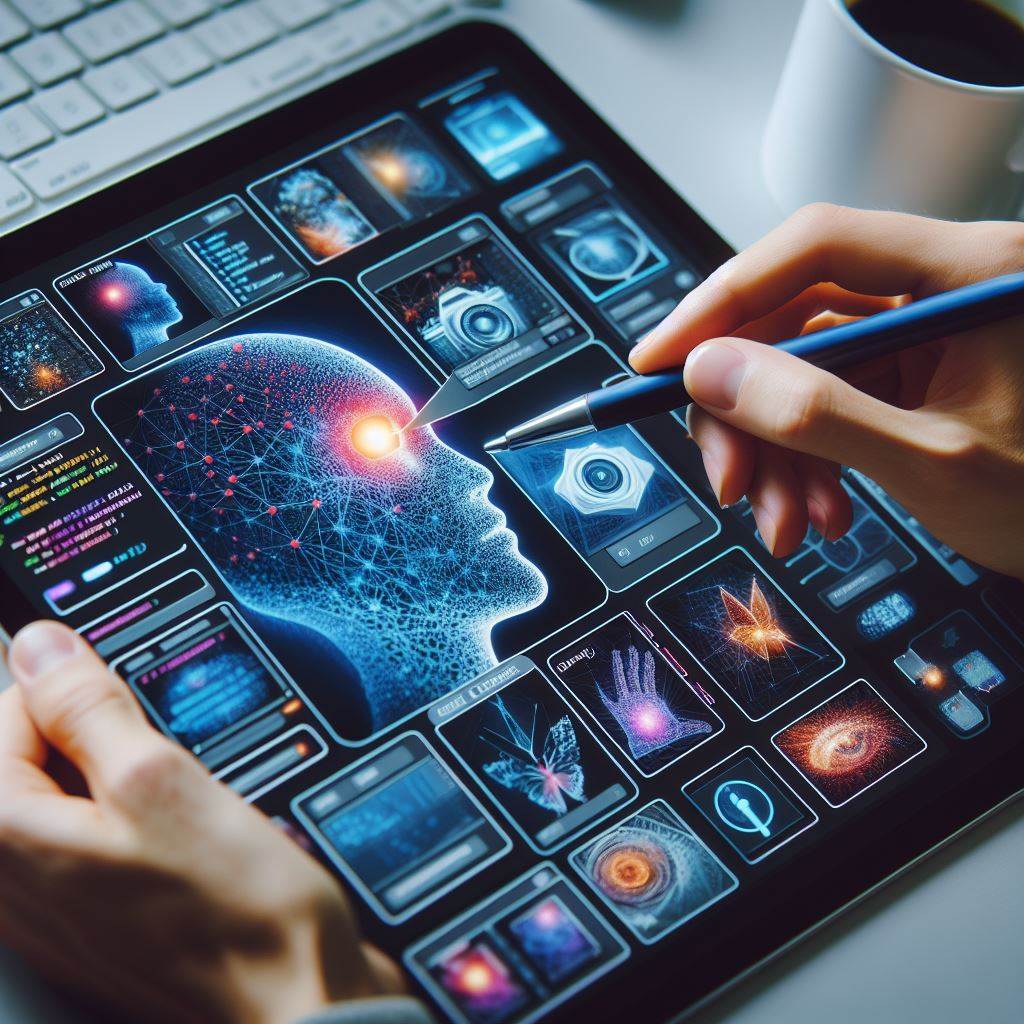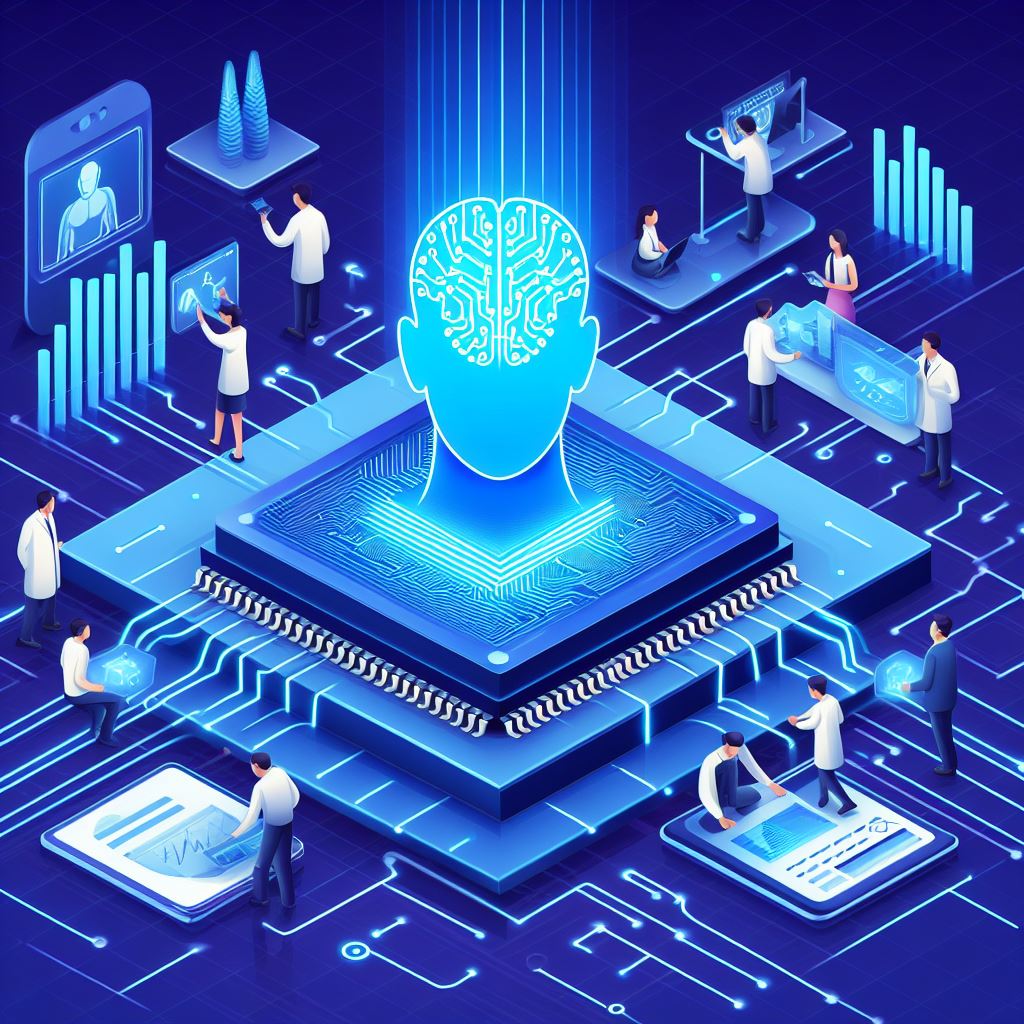Introduction
It seems like you are interested in learning more about artificial intelligence (AI) technology. Artificial Intelligence is the theory and development of computer systems that can perform tasks that normally require human intelligence, such as reasoning, decision-making, and problem-solving.
AI has many applications in various domains, such as healthcare, education, entertainment, and security. Artificial Intelligence is also a rapidly evolving field, with new breakthroughs and challenges emerging every day.
If you want to get a brief overview of AI technology, you can read this article: What Is Artificial Intelligence? Definition, Uses, and Types. It explains what AI is, how it works, and what it can do. It also provides some examples of AI in use today, such as chatbots, self-driving cars, and facial recognition.
If you want to dive deeper into AI technology, you can take some online courses or data science boo camps that cover the basics of AI, such as How to Learn Artificial Intelligence: A Beginner’s Guide or How to Learn AI From Scratch in 2024: A Complete Guide From the Experts. These courses will teach you the prerequisite skills, such as math and statistics, as well as the essential AI tools and programs, such as Python, Tensor Flow, and ChatGPT.
- Define AI and its applications in various domains
- Explain the purpose and scope of the blog post
- Provide a hook to capture the reader’s attention and interest
Body
- Section 1: Discuss some of the latest developments and breakthroughs in technology, such as GPT-4, self-driving cars, facial recognition, etc.
- Section 2: Analyze the benefits and challenges of new Artificial Intelligence technology, such as efficiency, innovation, ethics, privacy, etc.
- Section 3: Explore the future implications and opportunities of new AI technology, such as social impact, economic growth, environmental sustainability, etc.
Latest developments and breakthroughs in AI technology
- In this section, you can discuss some of the recent advances and innovations in Artificial Intelligence technology, such as GPT-4, self-driving cars, facial recognition, etc.
- You can use examples, statistics, and quotes from credible sources to illustrate how these technologies work and what they can do.
- You can also explain how these technologies are different from previous generations of Artificial Intelligence and what challenges they overcome.
Benefits and challenges of new AI technology
- In this section, you can analyze the pros and cons of new AI technology, such as efficiency, innovation, ethics, privacy, etc.
- You can use examples, statistics, and quotes from credible sources to show how these technologies affect various aspects of human life and society, such as health, education, entertainment, security, etc.
- You can also explain how these technologies pose new ethical and social dilemmas and what solutions or regulations are needed to address them.
Future implications and opportunities of new AI technology
- In this section, you can explore the potential impact and possibilities of new Artificial Intelligence technology, such as social impact, economic growth, environmental sustainability, etc.
- You can use examples, statistics, and quotes from credible sources to show how these technologies can shape the future of humanity and the planet, such as solving global problems, creating new industries, enhancing human capabilities, etc.
- You can also explain how these technologies require new skills and competencies and what opportunities they offer for learning and development

About AI technology ?
There are many ways to learn more about AI technology, depending on your goals, interests, and background. Here are some possible options:
- You can take online courses or data science bootcamps that cover the basics of AI, such as How to Learn Artificial Intelligence: A Beginner’s Guide or How to Learn AI From Scratch in 2024: A Complete Guide From the Experts. These courses will teach you the prerequisite skills, such as math and statistics, as well as the essential AI tools and programs, such as Python, TensorFlow, and ChatGPT.
- You can also enroll in a bachelor’s or master’s program in artificial intelligence, which will provide you with a comprehensive and in-depth education in the field.
- These programs will include a strong background in computer science and various subfields of AI, such as machine learning, natural language processing, computer vision, and robotics. You can find some of the Best Courses to Learn Artificial Intelligence on this website.
- You can also learn AI by doing projects and experiments on your own or with others. You can use open-source datasets, platforms, and frameworks to apply your AI skills and knowledge to real-world problems. You can also join online communities, forums, and competitions to share your ideas, get feedback, and learn from others.

Conclusion
Artificial intelligence (AI) is the theory and development of computer systems that can perform tasks that normally require human intelligence, such as reasoning, decision-making, and problem-solving. AI has many applications in various domains, such as healthcare, education, entertainment, and security. AI is also a rapidly evolving field, with new breakthroughs and challenges emerging every day.
In this blog post, we discussed some of the latest developments and breakthroughs in AI technology, such as GPT-4, self-driving cars, facial recognition, etc. We also analyzed the benefits and challenges of new AI technology, such as efficiency, innovation, ethics, privacy, etc. Finally, we explored the future implications and opportunities of new AI technology, such as social impact, economic growth, environmental sustainability, etc.
We hope you enjoyed reading this blog post and learned something new about AI technology. How do you think AI will change the world in the next decade? What are some of the ethical and social issues that need to be addressed.
- Summarize the main points and findings of the blog post
- Provide a call to action or a question for the reader to reflect on
- Thank the reader for their time and attention
I hope this outline helps you with your blog post. If you need more assistance, please let me know. 😊


hiI like your writing so much share we be in contact more approximately your article on AOL I need a specialist in this area to resolve my problem Maybe that is you Looking ahead to see you